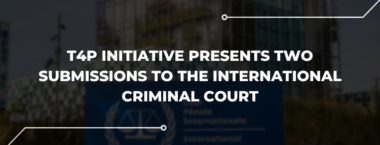
Torments, Torture Chambers, Executions: T4P Initiative Presents Two Submissions to the International Criminal Court
Information about extrajudicial executions of Ukrainians by the Russian military and Russian torture chambers in...
28 September 2023
Russian troops continue detaining civilians in the newly occupied territories in southern Ukraine. Now they use official pretexts for the detentions, such as «violation of law and order» or «violation of curfew.» Nobody bothers to explain the specifics of these violations. Furthermore, it’s not just activists and ATO/JFO veterans that are being detained, but also men that have nothing to do with military service and never participated in any anti-occupation rallies.
***
A man that was lucky to be released from unlawful detention from Kakhovka in the Kherson region told his family that more than 10 civilians are being held at the Kakhovka police station. Some of them have been there for weeks.
«They are being tortured with tasers and severely beaten, especially on the kidneys,» says the man’s family.
History has seen examples of war criminals getting life sentences for the torture of civilians, says Yevgenia Andreyuk, human rights adviser to the World Organization Against Torture. One such example is Syrian military officer Anwar Raslan, who was the supervisor of a prison in Syria and was sentenced to life for the torture and killings that took place there.
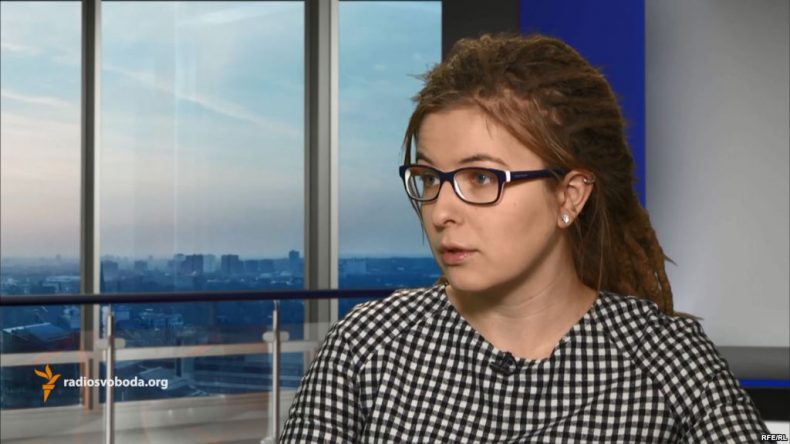
«When Syrian refugees started fleeing for Europe, they reported these crimes to German law enforcement. And when these people (the then suspects – ed.) arrived in Germany, they were immediately arrested. The victims they tortured testified in court,» says Yevgenia.
***
Russian military continues forcibly deporting Ukrainians to Russia and occupied areas of Donetsk and Luhansk regions. Different sources report different numbers of deportees, and it’s difficult to say how many Ukrainians exactly have been deported so far, as they are not registered in Russia. According to witnesses, Russian troops are creating conditions in which going to Russia or occupied areas of Donetsk and Luhansk regions presents the only chance of survival. Once there, Ukrainians are held in so-called filtration camps and questioned.
Why some Ukrainians are unable to leave Russia, what goes on in filtration camps, and what rights are being trampled there – we were talking about this on Twitter Spaces. Follow the announcements on our Twitter.
***
In the liberated Chernihiv Oblast, witnesses reported the abduction of Mykyta Buzinov, a young man from Mykhailo-Kotsyubynske. Russian soldiers came to his family’s house in the occupied village on March 4. The detainees were told they were suspected of working with Ukrainian troops – allegedly supplying them with some sort of information. Mykyta, his brother Volodymyr and their mother were taken away for interrogation.
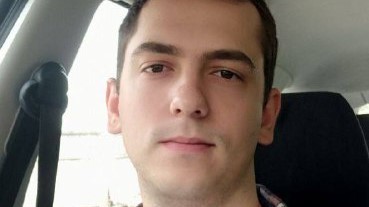
«They forced my brother to his knees on one side, me on the other. They started shooting and threatened to kill us. I believe they wanted us to confess to helping our army,» says Volodymyr.
Yevgenia Andreyuk emphasizes the fact that Mykyta’s family wasn’t told where he is or why he was detained.
The legal term for this is incommunicado detention, which is a component of enforced disappearance, explains Yevgenia. According to her, this qualifies as a crime against humanity. The World Organisation Against Torture will be sending submissions on these crimes to the International Criminal Court.
You can listen to Volodymyr’s account on Twitter Spaces; the recording will be available there for a month.
Read more information on the website. For details, please contact: [email protected].
In conjunction with UHHRU, MIHR is doing a newsletter containing the most important facts.
Sign up for the Ukrainian newsletter HERE.
Sign up for the English newsletter HERE.
Please check your spam and advertising folder after subscribing.
UHHRU participation in the creation of information materials was made possible by the generous support of the American people through the United States Agency for International Development (USAID) in the framework of the Human Rights in Action Program implemented by the Ukrainian Helsinki Human Rights Union.
USAID is the world’s premier international development agency and a catalytic actor driving development results. USAID’s work demonstrates American generosity, and promotes a path to recipient self-reliance and resilience, and advances U.S. national security and economic prosperity. USAID has partnered with Ukraine since 1992, providing more than $3 billion in assistance. USAID’s current strategic priorities include strengthening democracy and good governance, promoting economic development and energy security, improving health care systems, and mitigating the effects of the conflict in the east. For additional information about USAID in Ukraine, please call USAID’s Development Outreach and Communications Office at: +38 (044) 521-5753. You may also visit our website: http://www.usaid.gov/ukraine or our Facebook page at https://www.facebook.com/USAIDUkraine.
If you find an error on our site, please select the incorrect text and press ctrl-enter.

Information about extrajudicial executions of Ukrainians by the Russian military and Russian torture chambers in...
28 September 2023
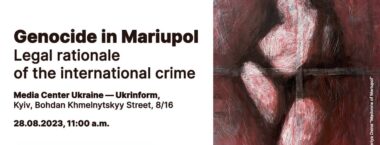
The initiative of the T4P (Tribunal for Putin) presents its first document with systematic justification...
23 August 2023
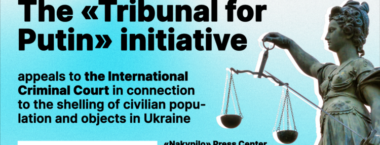
Since the onset of the full-scale invasion, the «Tribunal for Putin» initiative has recorded about...
18 August 2023
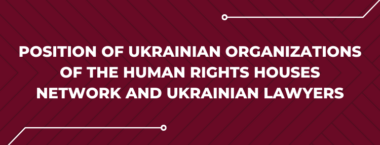
Position of Ukrainian organizations of the Human Rights Houses Network and Ukrainian lawyers on the...
17 July 2023